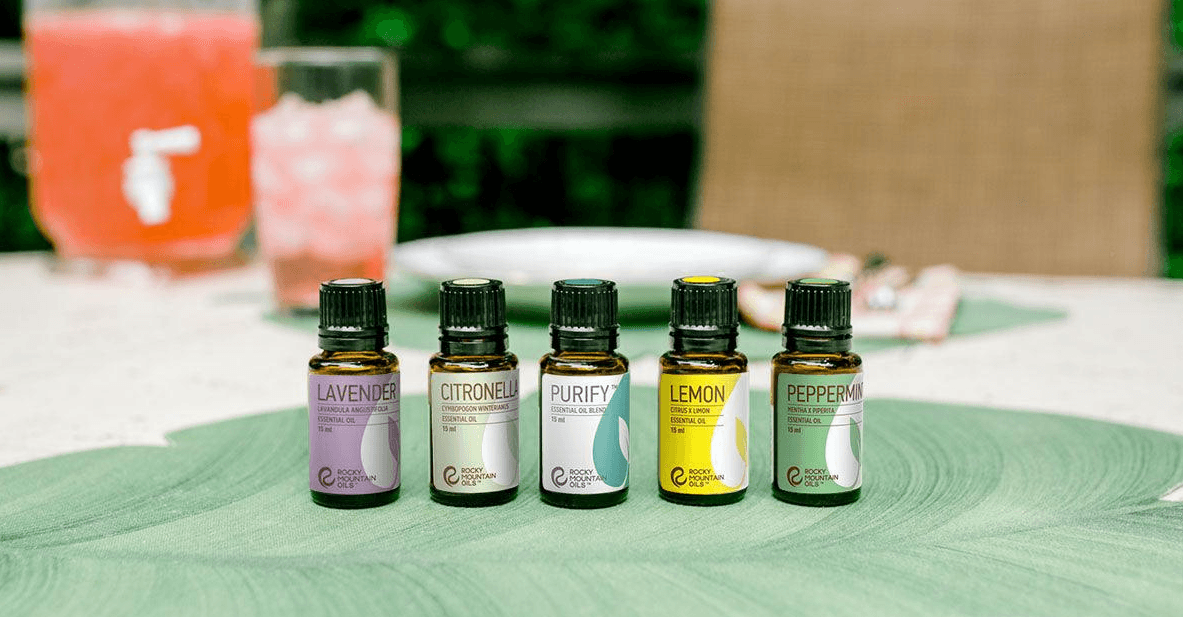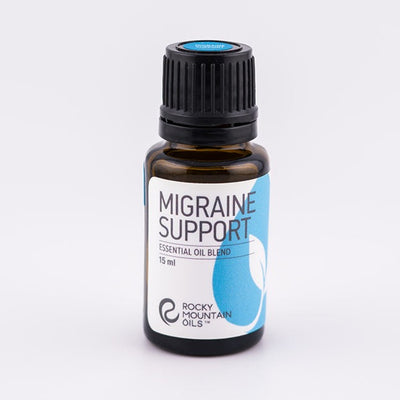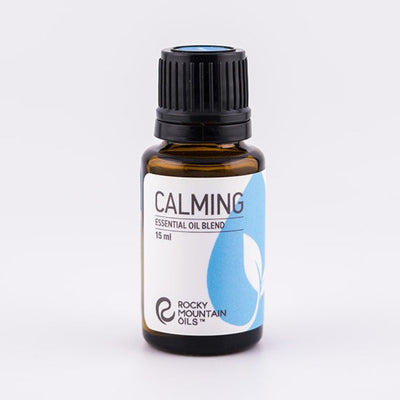Can Essential Oils Damage Eyes? An In-Depth Exploration
The use of essential oils, prized for their natural healing properties and delightful aromas, has grown exponentially in recent years. However, with their increased popularity comes the need for caution, particularly regarding their potential effects on sensitive organs like the eyes. In this article, we'll explore whether essential oils can indeed damage the eyes, backed by scientific evidence and expert opinions.
Understanding Essential Oils: Nature and Common Uses
Essential oils are concentrated plant extracts renowned for their aromatic and therapeutic properties. They are commonly used in aromatherapy, skincare, and holistic healing practices. While their benefits are well-documented, it's crucial to understand their nature and potential impacts, especially on sensitive areas like the eyes.

The Science Behind Essential Oils and Eye Health
The chemical composition of essential oils plays a crucial role in how they interact with our bodies. When it comes to the eyes, certain compounds in essential oils can be irritating or harmful if they come into direct contact. It's important to understand these interactions to use essential oils safely.
Potential Risks of Essential Oils to the Eyes
Direct contact with essential oils can cause immediate effects such as irritation, redness, and discomfort. Over time, chronic exposure might lead to more severe conditions, making it imperative to be aware of these risks such as:
- Immediate Irritation: Direct contact with essential oils can cause immediate and intense irritation, resulting in pain, burning, or stinging sensations in the eyes.
- Redness and Inflammation: Essential oils can cause inflammation of the eye's mucous membranes, leading to redness, swelling, and discomfort.
- Corneal Damage: Prolonged or repeated exposure to essential oils can damage the cornea, the clear, protective outer layer of the eye, potentially leading to impaired vision or sensitivity to light.
- Tearing and Discharge: Contact with essential oils can stimulate excessive tearing or cause abnormal discharge as the eye attempts to rid itself of the irritant.
- Vision Impairment: In severe cases, exposure to essential oils can lead to temporary or permanent vision impairment, especially if the oil is not promptly and properly flushed out.
- Sensitivity to Light: Exposure to essential oils can make the eyes more sensitive to light, leading to discomfort or pain in brightly lit environments.
Safety Measures When Using Essential Oils Near the Eyes
When using essential oils near the eyes, it's crucial to dilute them with a carrier oil, avoiding direct contact with the eyes and using an applicator like a cotton swab. Always wash your hands before and after application, and if essential oil accidentally gets into the eyes, rinse with cold water for at least 15 minutes and seek medical help if irritation persists. Store essential oils safely and keep them out of reach of children and pets.
Alternative Uses of Essential Oils Away from Eyes
Essential oils have various uses beyond eye-related applications, including massage therapy, diffusion for mood enhancement, and topical application on areas like the wrists or feet when diluted with carrier oils. They can also be incorporated into hair care products, used for natural cleaning, and applied as insect repellents. Additionally, essential oils can enhance yoga and meditation practices, but it's essential to follow proper dilution and safety guidelines when using them.
Expert Opinions on Essential Oils and Eye Safety
Experts recommend caution when using essential oils around the eyes due to the risk of irritation. It's crucial to dilute essential oils, avoid direct eye contact, and perform patch tests before application. Consultation with a professional and consideration of individual factors such as age and health are essential for safe use near the eye area.

Summary:
Can diffusing essential oils irritate the eyes?
Yes, diffusing essential oils can potentially irritate the eyes. While essential oils are popular for their pleasant scents and potential therapeutic benefits, they are highly concentrated substances that release volatile organic compounds into the air when diffused. If the diffuser is placed too close to the eyes or if the concentration of essential oil in the air is too high, it can lead to eye irritation.
Common symptoms may include burning, stinging, redness, or watering of the eyes. To minimize this risk, it's essential to dilute essential oils properly, use them in well-ventilated areas, and ensure the diffuser is not directed towards your face. Additionally, if you have sensitive eyes or are prone to allergies, it's advisable to be cautious when diffusing essential oils and consider using milder scents to avoid potential eye discomfort.

Can essential oils be used around the eyes?
Using essential oils around the eyes should be approached with caution and care. Essential oils are highly concentrated extracts from plants and can be quite potent. When applied near the delicate skin around the eyes, they may cause irritation, redness, or even allergic reactions in some individuals.
It is generally recommended to avoid direct contact of undiluted essential oils with the eyes. If you wish to use essential oils in the eye area, it is advisable to dilute them significantly with a carrier oil, such as coconut oil or jojoba oil, and apply them sparingly. Additionally, exercise extreme caution to ensure that the diluted mixture does not come into direct contact with the eyes, as even diluted essential oils can still be irritating.
If you experience any discomfort or adverse reactions, it is essential to rinse your eyes thoroughly with cool water and seek medical attention if necessary. Consulting with a healthcare professional or aromatherapist before using essential oils near the eyes is also a wise step to ensure safety and suitability for your specific situation.
Can essential oils cause blurred vision?
Essential oils have the potential to cause blurred vision in some individuals, although it is relatively rare and typically occurs as a result of improper use or allergic reactions. Essential oils are highly concentrated extracts from plants and can be potent when applied to the skin or used in aromatherapy. If these oils come into contact with the eyes, they can irritate the delicate tissues, leading to temporary blurred vision, stinging, or discomfort.
Additionally, some people may be sensitive or allergic to specific essential oils, which can manifest as eye-related symptoms. To prevent such issues, it is crucial to dilute essential oils properly, avoid direct contact with the eyes, and exercise caution when using them, especially around the facial area. If blurred vision or other eye problems persist after essential oil exposure, it is advisable to seek medical attention promptly.
FAQs on Essential Oils and Eye Health
Can essential oils cause immediate eye damage if they come into direct contact?
Yes, essential oils can cause immediate irritation, redness, and discomfort if they come into direct contact with the eyes. It's crucial to avoid any contact and seek medical attention if accidental exposure occurs.
Are there any long-term effects of essential oils on eye health?
Long-term exposure to essential oils can lead to more severe eye conditions. Regular users should exercise caution and consult with healthcare professionals for safe usage practices.
Is it safe to use essential oils around the eyes in aromatherapy?
While using essential oils in aromatherapy is generally safe, it's vital to ensure they do not come into direct contact with the eyes. Using a diffuser at a safe distance is advisable.
What should I do if I accidentally get essential oils in my eyes?
If essential oils get into your eyes, immediately rinse with plenty of cool water and seek medical advice. Avoid rubbing your eyes, as this may worsen the irritation.
Can essential oils be used safely around the eyes?
Essential oils should not be applied near the eyes. If you must use them on the face, keep a safe distance from the eye area and use carrier oils to dilute their potency.
Are there any essential oils that are safer for use around the eyes?
While no essential oils are recommended for use around the eyes, milder oils with anti-inflammatory properties, when used responsibly and at a distance, might pose less risk. However, caution and consultation with a healthcare provider are always advised.
Conclusion: Balancing Benefits and Risks
In conclusion, we will provide an overview of the main topics covered in the article, presenting a well-rounded perspective on how essential oils can impact eye health, including both their potential benefits and the risks associated with them. Specifically, we will address the question: 'Can essential oils damage eyes?




